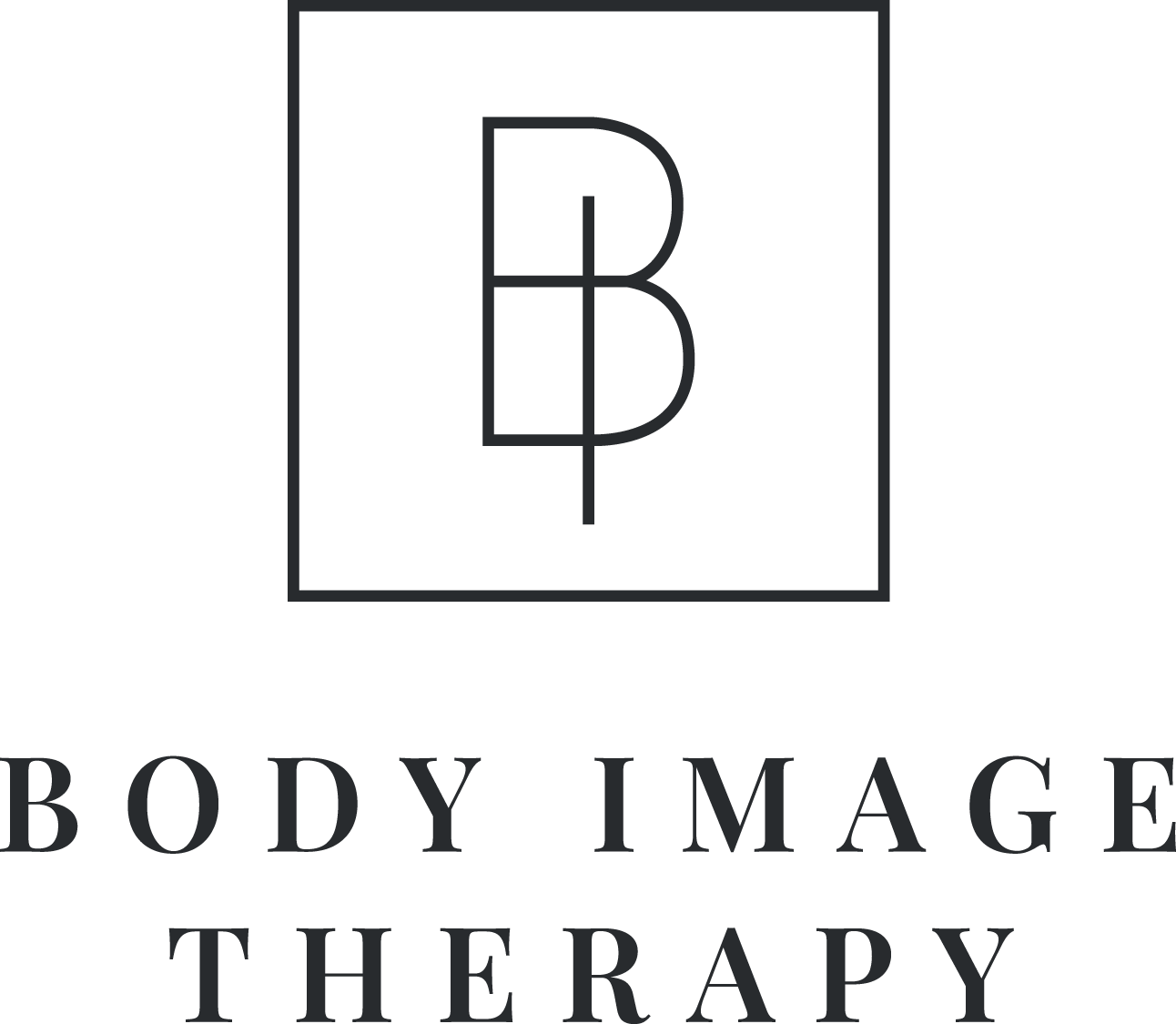
What is Body Dysmorphic Disorder?
Let’s be honest, when scrolling through social media who hasn’t paused for a moment to compare and despair? We’re faced with more bodies and faces on a daily basis than people pre-internet would have seen in their lifetimes. It’s pretty normal to try and find out where we fit in the pecking order.

Then there are the days that no matter what we wear or how much make-up we apply we feel less than attractive. But when does a normal concern with our appearance become a mental health disorder?
In Body Dysmorphic Disorder (BDD) a person is preoccupied with their appearance. They are convinced that they look abnormal, ugly or ‘not right’. It is often the nose or skin that they are focussed on but it can be any area of the body. Reassurances from others are brushed off as merely platitudes.
In many (but not all) people with BDD their flaw takes on a spotlight effect; they are convinced that their hideous feature is the first thing that others notice about them. This causes the person to avoid socialising completely or spend hours checking themselves in the mirror.
For a more permanent solution, a large number of people with BDD present at cosmetic surgery or dermatology clinics. This rarely helps, as BDD is a psychological problem, not a physical one. After cosmetic treatment a person’s well-being can be dramatically worsened. Often, the preoccupation and distress regarding their feature remains the same or is transferred to another area of the body. In many cases, the distress is projected onto the cosmetic surgeon and legal action is threatened.
Mistakenly, the preoccupation with appearance in BDD is often viewed as vanity. Unfortunately this keeps the disorder hidden, through fear of seeming vain. However, if vanity is described as an excessive pride in one’s appearance then BDD is the opposite of vanity. Individuals with BDD . experience excessive shame due to their appearance. Depression, low self-esteem and anxiety often accompany BDD.
How do I know if I’ve got BDD?
These are the symptoms for BDD as specified in The Diagnostic and Statistical Manual of Mental Disorders (5th ed.; DSM–5; American Psychiatric Association).
- Preoccupation with one or more perceived defects or flaws in physical appearance that are not observable or appear slight to others.
- At some point during the course of the disorder, the individual has performed repetitive behaviors (e.g., mirror checking, excessive grooming, skin picking, reassurance seeking) or mental acts (e.g., comparing his or her appearance with that of others) in response to the appearance concerns.
- The preoccupation causes clinically significant distress or impairment in social, occupational, or other important areas of functioning.
If you have all three symptoms you may have BDD and could find it useful to talk to a mental health professional.
For further information or support please contact Body Image Therapy www.bodyimagetherapy.co.uk
